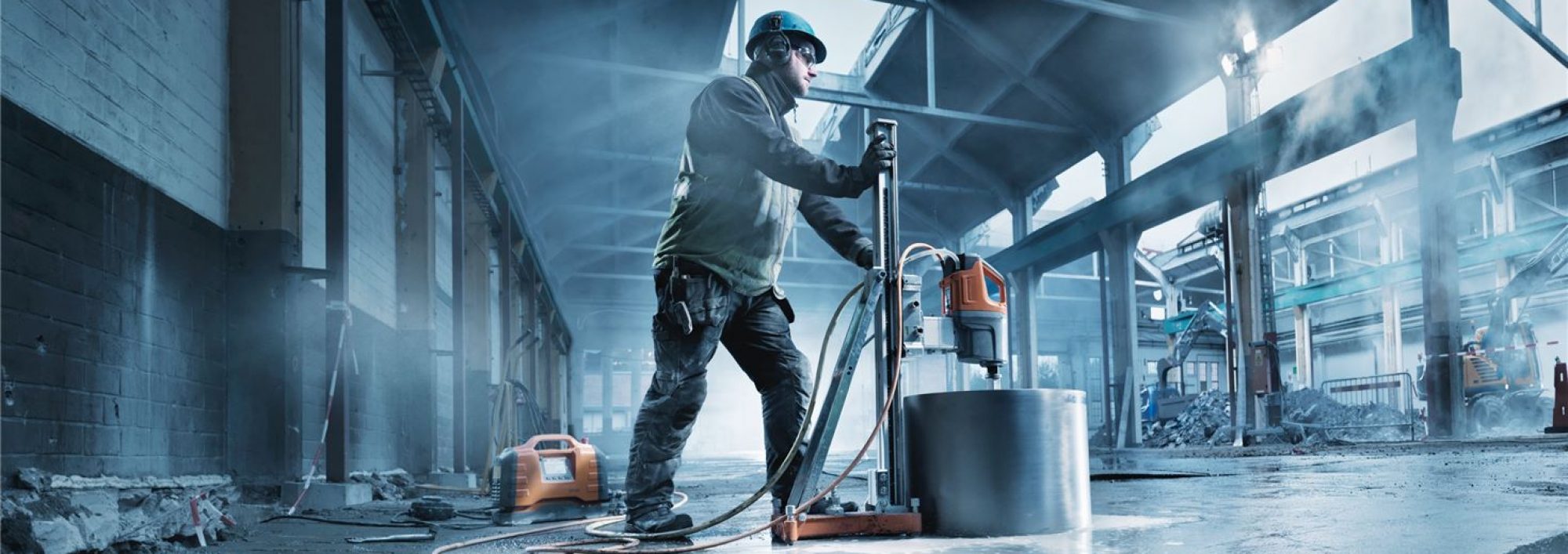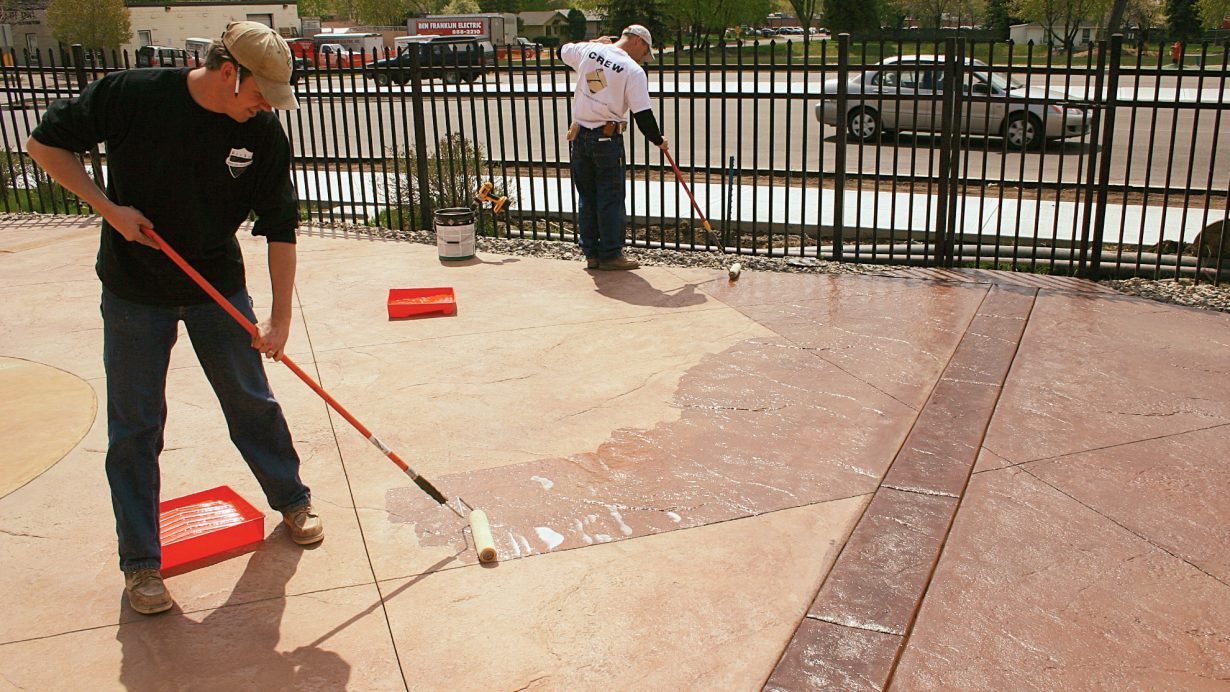Many homeowners will opt for concrete driveways because it does not cost a lot to install or maintain. However, these installations can crack due to different reasons, but this often depends on the quality of the installation. While you can never expect concrete to be free of cracks, it is wise to point out the most notable causes and how you can extend your concrete driveway’s lifespan.
1. Stop The Sodium
As concrete cures, it will fluctuate depending on the temperature changes. Cold contracts and heat expand, and the two reactions cause concrete to crack. When winter comes knocking, your concrete driveway will be bombarded with ice and snow. While salt might seem like the next best option for dissipating the ice, it will hurt your driveway.
Concrete molecules freeze at 18 degrees and thaws at 35 degrees Fahrenheit. The ice facilitates freezing, and the thawing increase the formation of water as the ice and snow melts, resulting in increased moisture. The moisture seeps in between the concrete molecules and freezes inside the concrete when the conditions are freezing again, creating pressure that causes the concrete to crack. Therefore, using salt only aids in damaging your driveway. Instead, use sand and apply a sealant to the concrete annually, preferably a month before the winter season. If you like more professional assistance visit experienced concreter in Perth.
2. Mitigate The Sun’s Effects
Conditions during summer can be extreme. When concrete is baked in under the hot sun, it expands but then contracts at night when the temperatures drop, leading to cracks. Applying a silicone acrylic water repellent sealer to your driveway will protect it from the sun’s harshness. You can use an epoxy injection to repair the cracks. Conversely, consider techniques like sealing, dry packing, and routing to stabilize them, thus preventing them from worsening.

3. Lose Some Weight
At times, concrete will develop cracks when it has more weight than it can support. In most cases, concrete driveways in residential properties are four inches thick and can withstand a weight fewer than 10,000 lbs. Fortunately, families with vehicles will have SUVs, Sedans, and trucks, which the driveway can handle. Large vehicles and RVs exceeding 10,000 lbs. should not be allowed on the concrete. Please Visit: Best Concrete Cutting Perth
If you plan to have heavy vehicles on your driveway, consider using a wire mesh or rebar to enhance the concrete to withstand such weight and make it roughly six inches thick.
4. Nothing Short Of Quality Installation
Lastly, many cracking issues stem from the initial preparation and pouring of the concrete when installing the driveway. The contractor must be skilled and experienced in concrete works. For instance, getting the water ratio wrong, installing the rebar or wire mesh wrongly, or pouring the concrete on frozen ground can result in a weak product that’s prone to cracking.
Pro Concrete Polishing Perth claims concrete slab should have a sturdy base because this is essential to having a driveway that lasts. The contractor you hire must be skilled in prepping the ground, laying everything down, and ensuring that control joints are secure. Therefore, the contractor must include some visible ‘cracks’ between the sidewalk squares that allow the concrete driveway to expand and contract, thus preventing new cracks.

